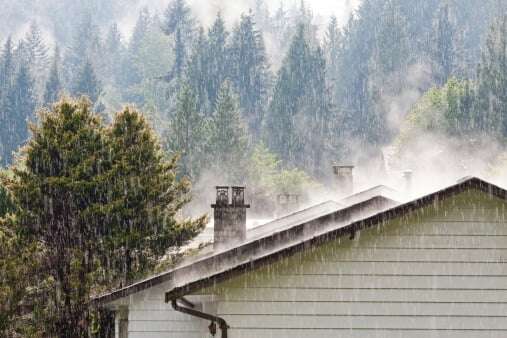 What is HVAC? We all know that it has something to do with heating and air conditioning, or more generally home comfort. While it is not necessary to be an expert on the term HVAC and other's used in the home heating and cooling industry, it’s a good idea to have a general understanding of the terms used, especially if you own a home and need to have your unit serviced or even replaced.
What is HVAC? We all know that it has something to do with heating and air conditioning, or more generally home comfort. While it is not necessary to be an expert on the term HVAC and other's used in the home heating and cooling industry, it’s a good idea to have a general understanding of the terms used, especially if you own a home and need to have your unit serviced or even replaced.
Why Know the Terms
At this time of year, when the weather heats up and stress is put on a cooling system, the unit is more likely to break down and need repair. If nothing else, it's a good time to have maintenance done on the air conditioner.
Familiarizing yourself with some terms used in the industry is a good thing. When a technician calls you will be able to discuss the issues at hand with some understanding.
Answering the Question "What is HVAC?" and Other Terms to Know
Following is a list of commonly used terms in the HVAC industry:
- HVAC - Heating, Ventilation and Air Conditioning - This is a catch-all phrase for all things related to the words in the abbreviation. It is sometimes written as "HVAC/R" where the "R" stands for refrigeration.
- BTU - British Thermal Unit - This old-fashioned terms deals with how much energy is needed to change the temperature. It works for both heating and cooling. The higher the BTU's the more cooling or heating capacity a unit has.
- Heat Pump - This is an appliance used for both heating and cooling an area. It uses the principle of refrigeration to do dual duty. Much like a central air conditioning system it has both an inside and an outside unit.
- NATE - North American Technician Excellence - This is a non-profit organization that tests, then certifies HVAC technicians. Of course, you want your technician to be certified if you need your system worked on.
- SEER - Seasonal Energy Efficiency Ratio - This term is just a measure of the efficiency of an air conditioner or heat pump. The higher the SEER rating the more energy efficient a unit is. Federal regulations now mandate SEER ratings.
- Ducts - Or ductwork. This is a system of pipes that transports air from heating and cooling units throughout your home.
- Energy Star - The U.S. Environmental Protection Agency affixes labels to HVAC systems to insure they meet or exceed government standards. If you purchase one of these appliances you may qualify for federal tax credits. It's always good to inquire about this program.
- MERV - Minimum Efficiency Reporting Value - The air filter on a heating or cooling unit is a vital part of the system. The MERV value is a rating of filters that measures the smallest airborne particles a filter will capture. The higher the rating the better your filter will be at catching small particles.
- Freon - Many people still use this term for the refrigerant used in cooling systems. It is important to note that the old standard cooling substance used in air conditioners, R-22, has been highly regulated and will be phased out of use by the year 2020. Inquiring about other substances that can be used for cooling would be a good idea.
- Zoning - This is a method of dividing a home into different zones so that each can be independently controlled depending on need.
The terms and explanations listed above should be helpful if you have questions along the lines of "What is HVAC?” Knowing some of the industry terms will allow you to speak the language of the technician and help you better communicate with them. Learn a little of the language and enjoy your home comfort system to the fullest.
Related Articles:
What to Ask When Getting an Estimate from an Air Conditioning Service
The Basics of How a Heating an Air Conditioning System Works







